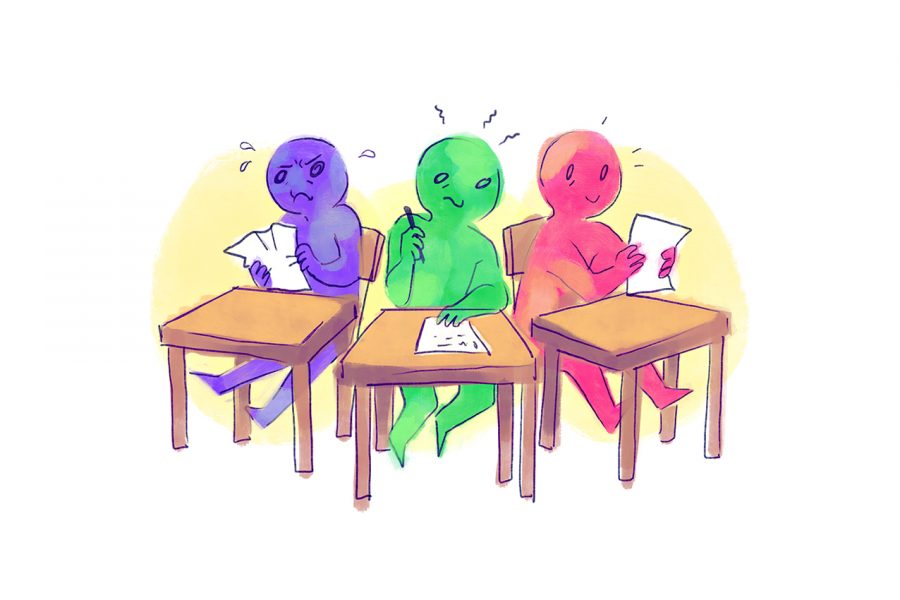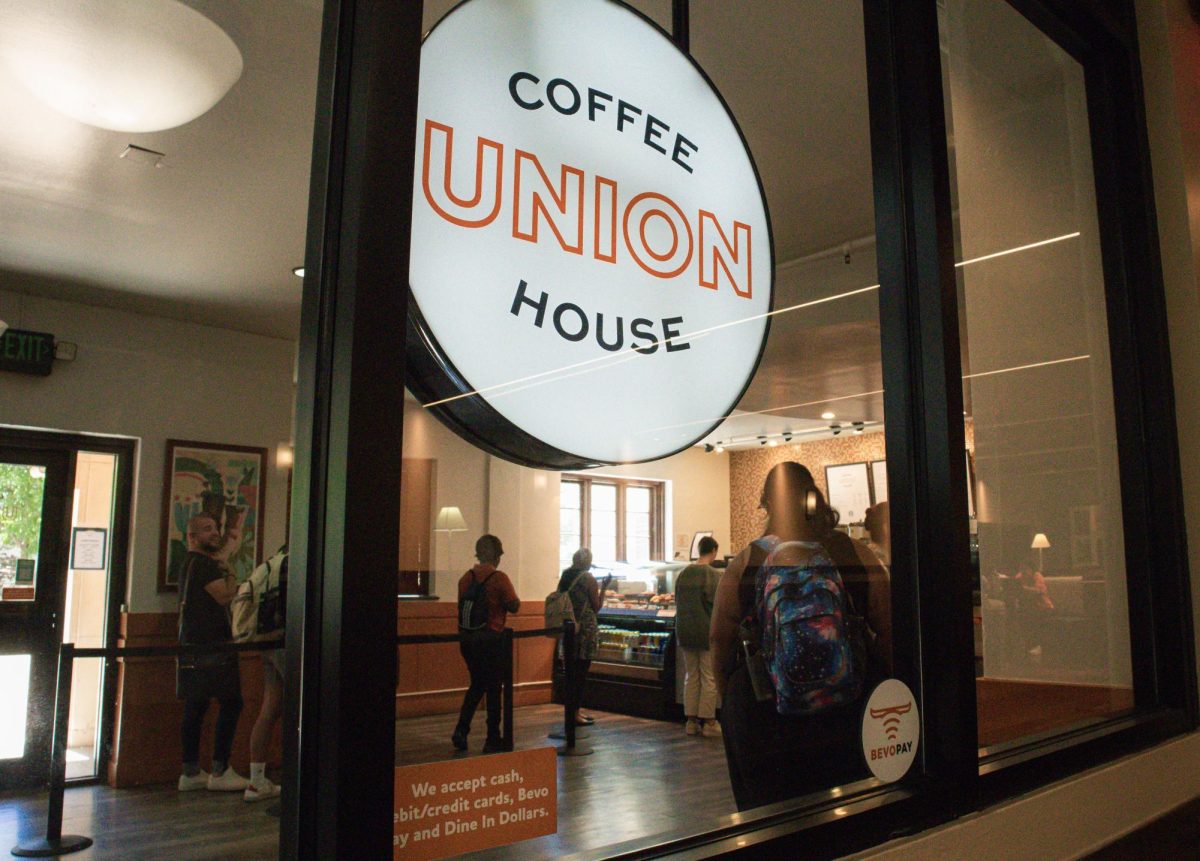With final exams quickly approaching and stress levels rising, students handle stress and manage time in different ways.
Stress can affect a student in three ways: physical, emotional and psychological, educational psychology professor Christopher McCarthy said.
“Physical is feeling rundown, feeling anxious and not being able to sleep,” McCarthy said. “Then emotional is keeping on an even keel — not getting too high about the anxiety, but then not getting too low, and then psychological is self-care … not getting sidetracked by stress or negative thoughts.”
It is important to use “stress monitoring,” McCarthy said, which means paying attention to your body and recognizing anxiety or other symptoms of stress, which differ for everyone.
“I know I’m really stressed out when I get irritable,” corporate communication sophomore Kaile Chaparro said. “Around finals time, I feel like I get very burnt out, so it’s hard for me to get back on track, because I feel so close to the finish line. It helps me to make to-do lists and sometimes clean to clear my mind.”
It is important to view stress as an opportunity to grow, said Mary Steinhardt, a health behavior and health education professor.
“It’s like lifting weights. If we try to grow stronger, we have to challenge ourselves physically and then we rest and recover,” Steinhardt said. “If we want to grow … intellectually, it can be stressful, but with proper amounts of rest and taking care of ourselves, we can grow smarter.”
Students can cope with stress in two ways, McCarthy said. Coping combatively is when you fight off stress that is already happening, whereas coping preventatively is a more proactive approach that can help you can avoid high levels of stress.
“People who are good ‘preventative copers’ are good at anticipating where their demands are going to be high and trying to do things to minimize other demands at the same time,” McCarthy said.
He also emphasized the importance of balancing your resources and demands, meaning you should ask yourself, “What am I asked to do, and do I feel like I have the resources to handle it?”
Both professors recommend students utilize resources that the Division of Student Affairs offers. The UT Counseling and Mental Health Center, along with individual colleges offer counseling and aid students in handling their workloads. University Unions is also hosting Chillfest on Dec. 5, designed to help students de-stress and includes therapy dogs, gingerbread decorating and much more.
“A lot of people have negative ideas about (using mental health services), and that’s really unfortunate,” Chaparro said. “When I went, we talked about anxiety levels. It was so easy to fit into my schedule, and it really helped me a lot.”
Steinhardt said she hopes students will take advantage of these resources as final exams approach.
“Self-care is key and probably the main message,” said McCarthy. “Another proactive strategy is keeping things in perspective and realizing this is just one test in one semester in one class, and at the end of your time here, it’s not going to make a huge difference a lot of the times, so just keep things in perspective.”





















